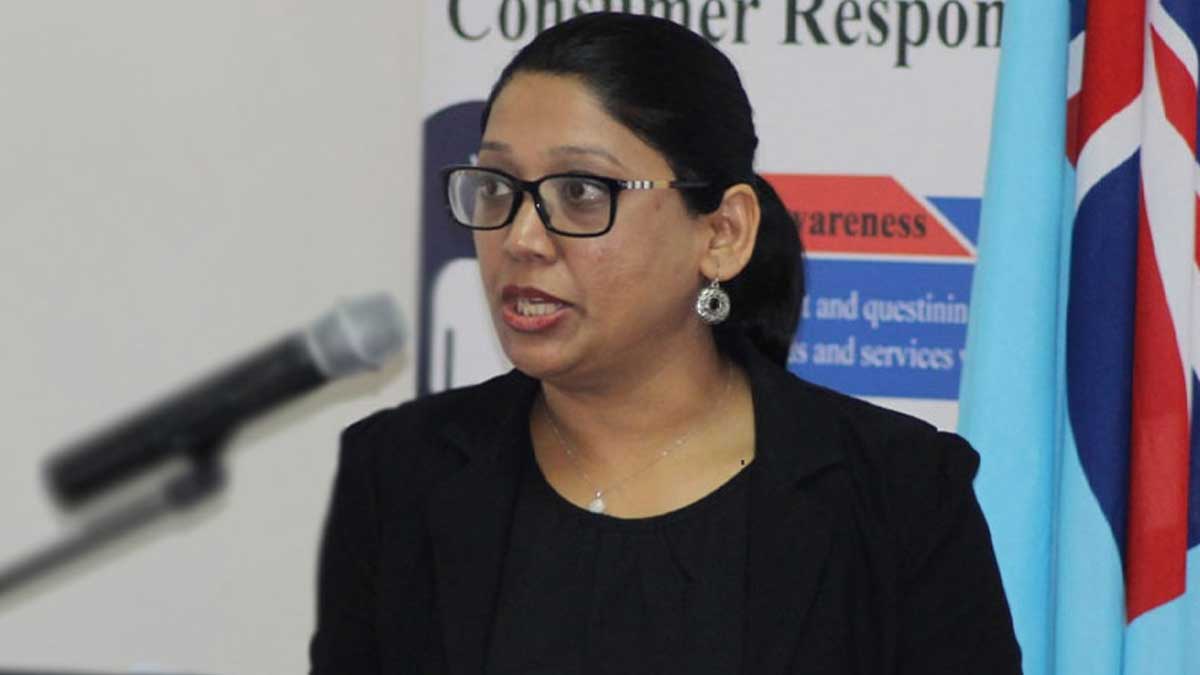
An urgent call is being made by the Consumer Council of Fiji for the immediate reform of health insurance practices across the nation following growing concerns about the reimbursement-based health insurance model.
The call comes in response to complaints from consumers about the unfair policies of leading insurance providers, which require customers to pay upfront for medical treatments and later seek reimbursement.
The Council’s study highlights the need for a more comprehensive direct billing system that mirrors international standards, where insurers settle bills directly with healthcare providers across a wide network.
A recent analysis conducted by the Council has revealed that the reimbursement model used by leading health insurance providers in Fiji places consumers under significant financial stress, particularly during emergencies or when ongoing treatments are required.
Consumer Council CEO, Seema Sharma says despite having comprehensive health insurance policies, consumers are being forced to cover medical costs out of pocket before receiving any assistance from their insurers.
Sharma says if Fijians are required to have $2,000 to $5,000 on hand to pay healthcare providers upfront, it raises the question of why they should bother paying costly premiums at all.
She says for many middle-income families who choose health insurance, living paycheck to paycheck is already a challenge. Sharma says insurance should ease, not exacerbate, financial stress, and it is unacceptable that insured individuals, many of whom are paying significant premiums, are still being asked to cover large medical bills on their own before waiting weeks or months to be reimbursed.
She adds this practice defeats the very purpose of having insurance.
One of the major points of contention involves major private hospitals, where health insurance policyholders are reportedly asked to pay upfront for services, despite the hospitals being part of network of approved providers.
Sharma says this lack of transparency and service is damaging consumer trust, especially given that these insurance companies often boast about their financial success while neglecting to address basic consumer needs.
The Consumer Council’s research has drawn comparisons between Fiji’s health insurance providers and global best practices.
The Council says in countries like Australia and New Zealand, direct billing systems are the norm, allowing insurers to pay healthcare providers directly.
This eliminates the need for consumers to make upfront payments, easing the financial burden and ensuring access to healthcare without delay.
The Consumer Council urges insurance providers to transition from the current reimbursement-based model to a full direct billing arrangement, similar to systems in Australia and New Zealand.
Sharma says insurers also need to improve communication and transparency, providing clear information about policy details, including co-payment requirements and exclusions, and notifying consumers of any policy changes in advance.
The Consumer Council will have discussions with the relevant insurance providers and government agencies to prioritize these reforms and create a more consumer-friendly healthcare system.
Consumers who face issues with their insurance providers are encouraged to report their concerns via the toll-free National Consumer Helpline 155 or via complaints@consumersfiji.org.
Stay tuned for the latest news on our radio stations

